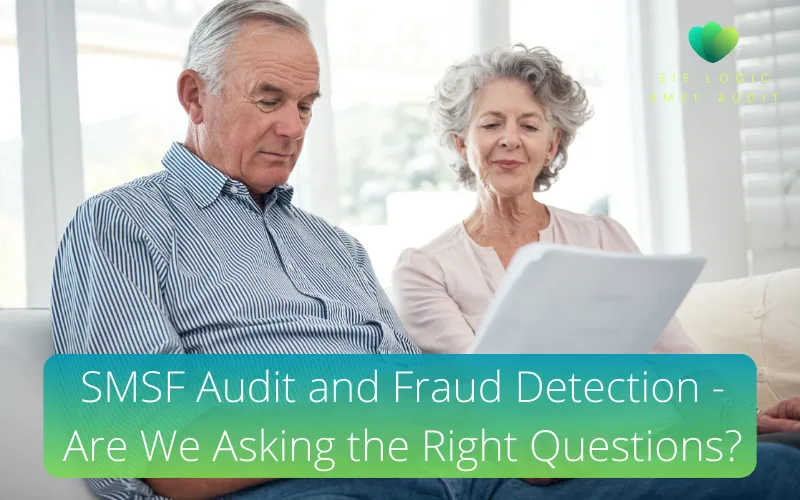
SMSF Audit and Fraud Detection – Are We Asking the Right Questions?
There is no doubt in my mind that Self-Managed Super Funds (SMSFs) are a favoured target for fraudsters and scammers. As an SMSF auditor, I’ve seen numerous funds impacted over the years. Recent statistics show that $134 million in SMSF scam losses were incurred in just the first six months of 2024, with older members disproportionately affected.
While SIS compliance is the obvious core focus for any SMSF auditor, fraud detection is equally important and too often overlooked. I’ve come across attitudes more aligned with “oh well, looks like they’ve done their money.” That mindset is dangerous, in my view, and fails trustees, especially when their life savings are at risk.
By stress-testing the valuation and recoverability of unlisted investments, auditors can serve as an early warning system for trustees. In many cases, we’re the only professionals close enough to the SMSF to question whether an investment is truly viable.
The biggest red flags for me are generally unsecured loans and unlisted private trusts, particularly when linked to a property developer. The promise of high returns, combined with a lack of transparency or contact with the investment recipient, often signals early warnings that something isn’t right.
Fraud isn’t just a trustee issue. It is a systemic risk that undermines confidence in the entire SMSF sector. Auditors must take fraud detection seriously and proactively challenge questionable investments.
